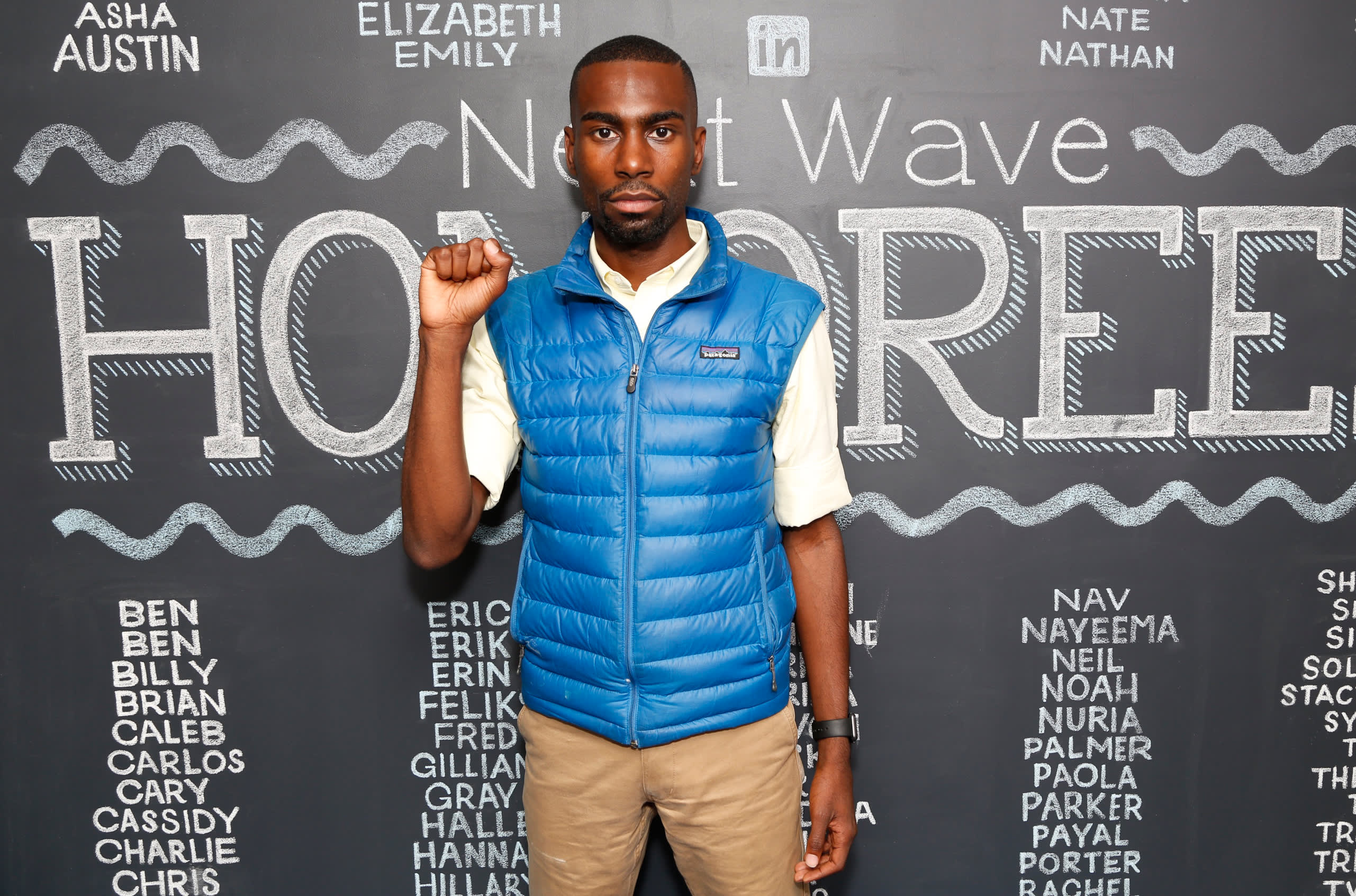Honoree, Activist and Organizer We The Protesters Deray McKesson attends the LinkedIn Next Wave Event at The Empire State Building on September 9, 2015 in New York City.
Joe Kohen | Getty Images
The Supreme Court on Monday sided with the prominent Black Lives Matter activist DeRay McKesson, who is fending off a lawsuit from a police officer injured at a protest that McKesson attended.
The justices, in an unsigned order, wrote that a federal appeals court should have obtained guidance from a Louisiana state court before allowing the officer’s lawsuit to move forward, and sent the case back to be reconsidered.
The decision appeared to be 7-1, with Justice Clarence Thomas the only noted dissent. Justice Amy Coney Barrett, who was sworn in a week ago, did not participate in the case.
The case was decided just one day before the election between President Donald Trump and former Vice President Joe Biden, in which protests of state violence against Black people have been a recurrent theme.
Trump has claimed that violence at recent protests over police brutality is a sign of instability in Democratic-led cities, while Biden has been largely supportive of the Black Lives Matter movement, though he has encouraged protesters to be peaceful.
McKesson’s case stemmed from a protest of the killing of Alton Sterling, a Black man, by police officers in Baton Rouge, Louisiana, in July of 2016. The protest took place on a highway in front of the police headquarters in the city.
One officer, who is unnamed in the lawsuit, was hit by a piece of concrete or rock allegedly thrown by a protester and injured while police sought to clear the highway. While the person who threw the object wasn’t identified, the officer sued McKesson on the theory that his alleged organization of the protest made him liable for damages.
A federal district court rejected the officer’s claim but a panel of the 5th U.S. Circuit Court of Appeals reversed that decision and allowed it to proceed on the basis that “a violent confrontation with a police officer was a foreseeable effect of negligently directing a protest” onto the road.
The Supreme Court reversed the appeals court ruling but left open the possibility that the police officer could ultimately win the case.
Because of the case’s “novel issues of state law,” the justices wrote that the federal appeals court should have first consulted with the Louisiana Supreme Court.
“The Louisiana Supreme Court, to be sure, may announce the same duty as the Fifth Circuit,” the justices wrote. But, the justices added, the 5th Circuit should not have “ventured into so uncertain an area” of law that was “laden with value judgments and fraught with implications for First Amendment rights” without first obtaining guidance on Louisiana law from the Louisiana Supreme Court.
Attorneys for McKesson and the officer did not immediately respond to requests for comment. The case is DeRay McKesson v. John Doe, No. 19-1108.
